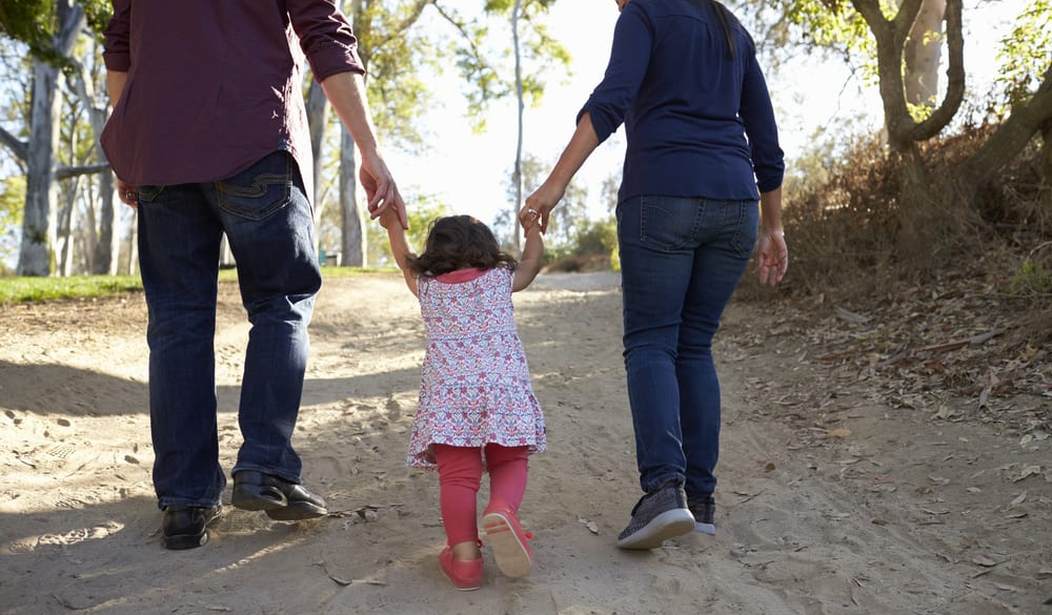Like so many other bad things, it probably started off as a good idea. In 1978 Congress passed the Indian Child Welfare Act. According to the National Indian Child Welfare Association, the law was passed “in response to the alarmingly high number of Indian children being removed from their homes by both public and private agencies.” It may have also been passed in response to lingering guilt over numerous Native American children being placed in boarding schools that tried to wipe out their heritage.
The idea was simple. Don’t remove native kids from native homes and place them in white homes. It sounds racist, mostly because it is. However, it was also a response to allegedly racist actions taking place at the time.
But what if that’s in the best interest of the child? That’s the question the Arizona Supreme Court had to answer in a recent case, as reported by Reason:
In considering the rights of Native American foster children, should the emphasis be placed on their status as Native Americans or as children?
The Arizona Supreme Court chose the latter, clearing a non-native couple to adopt their foster daughter over objections of a local Indian tribe.
The court’s ruling is a challenge to the controversial 1978 Indian Child Welfare Act (ICWA). Proponents say the act is essential to keep Native American communities together. Critics contend it establishes a racially discriminatory system that negatively affects the safety and welfare of Indian children.
[…]
In 2014 an infant identified as A.D. in court documents was born to a member of the Gila River Indian Community. Both A.D. and her mother tested positive for amphetamines and opiates and the Arizona Department of Child Services ordered the child placed her current non-native foster parents.
Sarah and Jeremy H., according to the court documents, moved to adopt A.D in Arizona state court in June 2015. But despite repeated failures to find a suitable tribal family for A.D., the Gila River Indian Community blocked the adoption claiming tribal court jurisdiction through ICWA.
The Arizona Supreme Court unanimously rejected the Gila River Indian Community’s argument, but broader concerns about the authority of ICWA remain. The act’s departure from standard adoption law has exposed Native American children to parents who have systemically physically and sexually abused them, Sandefur say
Behold! The Law of Unintended Consequences shall not be ignored!
Seriously.
Note that this doesn’t invalidate the law. I’m not an attorney, but it seems this merely blocks arguments that the native community has jurisdiction.
That said, in my time, I’ve known a lot of Native Americans. Some are among the best people I know. However, here’s the thing: They’re people. That means that while I have known some amazing Native Americans, that doesn’t mean they’re a monolithic group with everyone acting the same. They have jackwagons the same as any other ethnic group.
A law that specifically excludes any group from the standard laws will invariably be abused by those inclined to break other laws. This is simply human nature.
It’s definitely time for Congress to take a long, hard look at laws like this and prevent more damage from being done to the children they’re supposedly helping.








Join the conversation as a VIP Member